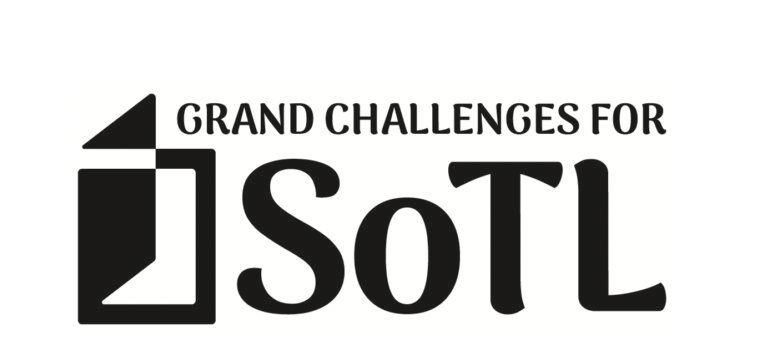Found in the introductory paragraph, a thesis statement informs the reader of a paper's central argument. A thesis statement represents the central insight that an author considers the most significant or interesting aspect of his or her topic or area of research. A thesis statement is not usually more than one or two sentences. An effective thesis statement should meet the following criteria:
Contain an argument (take a position or a stand on the main issue)
Be narrow
Be specific
Be reasonable
What is an argument?
An argument is a stance or a position taken on a particular topic. Oftentimes, students misunderstand what an argument is and is not.
An argument is
Something with which a reader could agree or disagree
Something that is not too obvious, requiring some thought on the topic
An argument is not
A question
A description or statement of fact
Consider the following thesis statements:
Ineffective: This essay will discuss the use of personal attacks in Canadian election campaign advertisements.
Effective: The Canadian government should ban the use of personal attacks in election campaign advertisements.
The first thesis statement does not contain an argument because it is a statement of fact. The second thesis statement contains an argument because it takes a position on the topic with which the reader may agree or disagree.
Be specific
A thesis statement should be as specific as possible. This may include clarifying a word or phrase (or choosing a different one).
Example of a vague argument: Shakespeare’s Hamlet is a good character.
Example of a specific argument: Shakespeare's Hamlet is a deep, psychologically dark character.
Narrow the topic
A thesis statement must also contain a narrow topic. Consider what may be discussed within the page limit. Generally, an effective paper discusses fewer topics in-depth, covering all components of each topic, rather than mentioning many topics only briefly.
Too broad: There are major problems in the Canadian health-care system.
Narrow: The shortage of critical care doctors in rural Nova Scotia is a major problem facing a public Canadian healthcare system.
Be reasonable
Finally, a thesis statement must be reasonable, which means it must be supported with academic evidence. Four common problems with reasonability include the use of absolutes, generalizations, personal beliefs, and tone.
Absolutes
An absolute is a word or phrase that leaves little room for exception. Some commonly used absolutes include the following words:
Always
Never
Everyone
Nobody
Generalizations
A generalization is a statement that oversimplifies a concept or (as is the case with absolutes) assumes that something is true for an entire group without proof.
Personal beliefs
A belief is different from an opinion because it cannot be proved. Some words that indicate personal belief include the following:
Right
Wrong
Best
Worst
Tone
Academic writing must use a respectful tone in order to be considered reasonable.
By maintaining a respectful tone, even on the most controversial topics, an author shows readers that he or she is considering the evidence rationally, rather than through emotions only.
Practice ↓
1.Which of the following thesis statements is more effective?
a.If the determinist position is correct, and all the events are determined mechanistically by preceding events, then free will does not exist.
b.Even if the deterministic argument is correct, free will is still possible.
2.True or False? A thesis statement introduces an argument to the reader.
3.Thesis statements must be narrow in order to:
a.Ease the burden of research.
b.Keep an essay small and easy.
c.Persuade someone of your expertise in the field.
d.Make your argument in-depth rather than only briefly covering a wide range of topics.
4.Write a thesis statement about one of the following topics. Remember that a thesis statement should contain an argument that is specific, narrow, and reasonable.
a.The role of women in the workforce
b.The effects of the pandemic on the education system and learning.
Answers ↓
- a
- True
- d
- There are many possible correct answers! Check your thesis statement with the handout to ensure it is an argument that is narrow, specific, and reasonable.





























